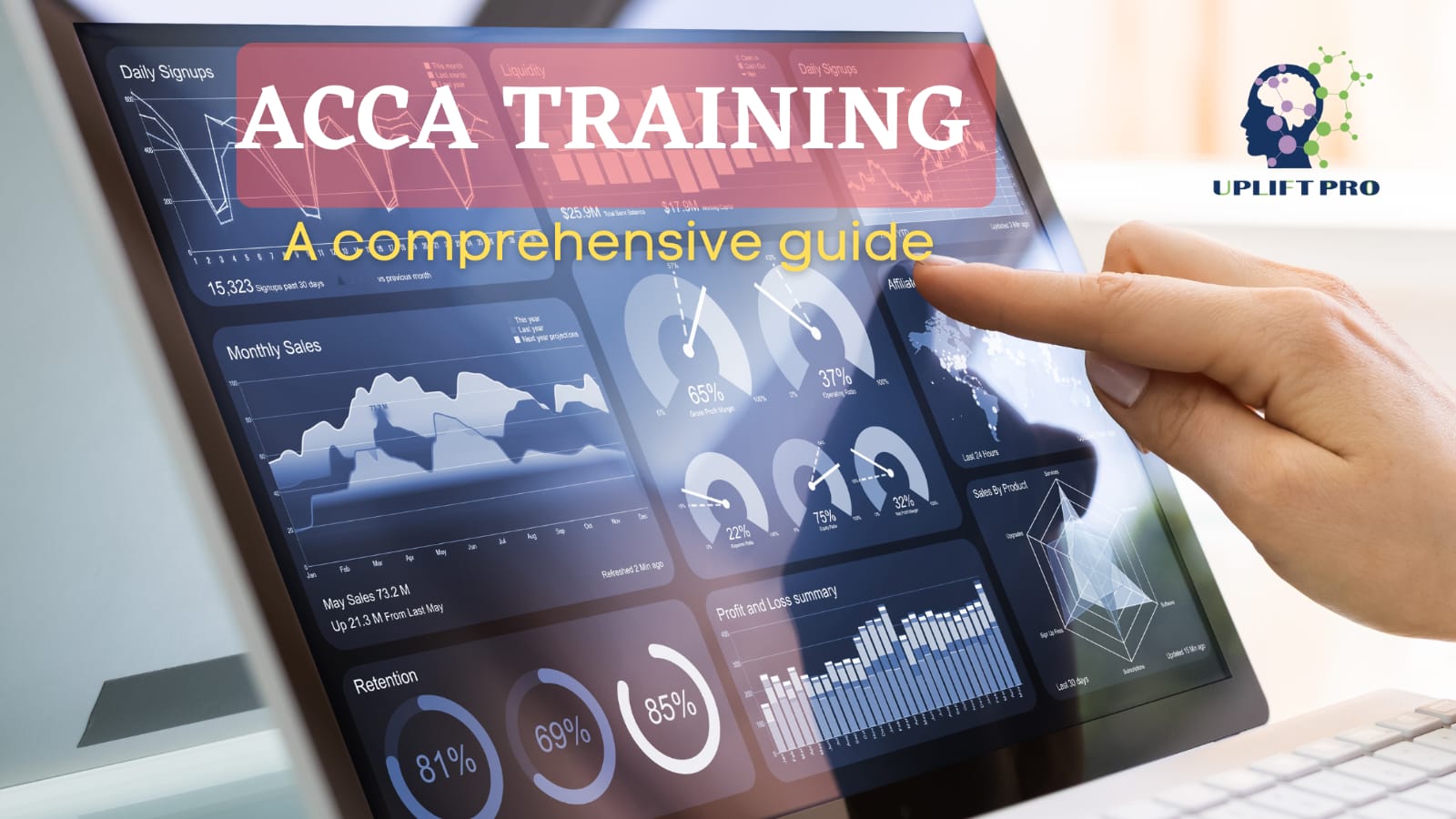ACCA Coaching Online: Your Pathway to Global Accounting Success
The Association of Chartered Certified Accountants (ACCA) is one of the most prestigious global accounting qualifications. It offers an excellent platform for finance professionals to enhance their careers with a globally recognized certification. However, the rigorous exam process requires strategic preparation, and this is where ACCA coaching online comes in, offering flexibility, convenience, and personalized support. In this article, […]




